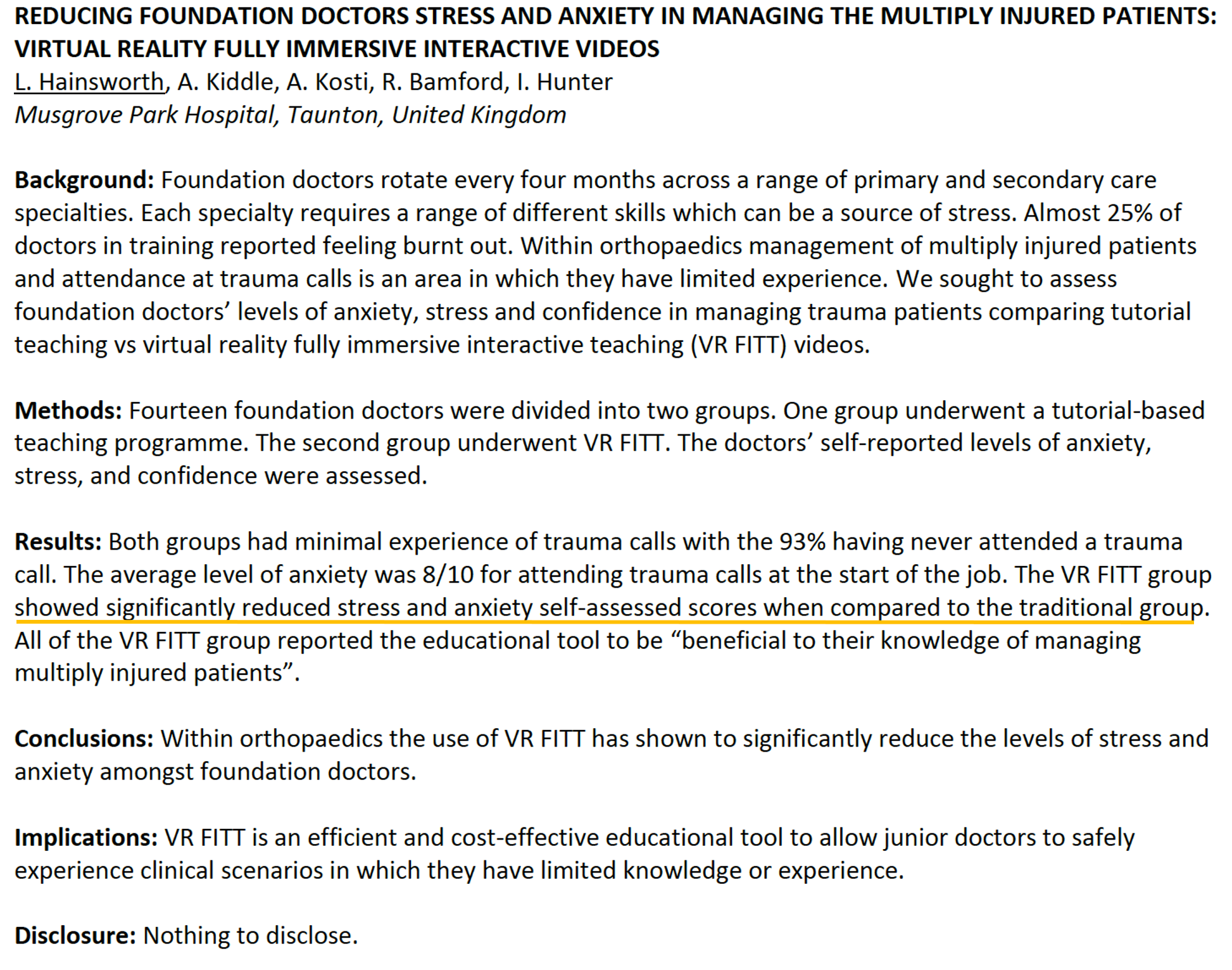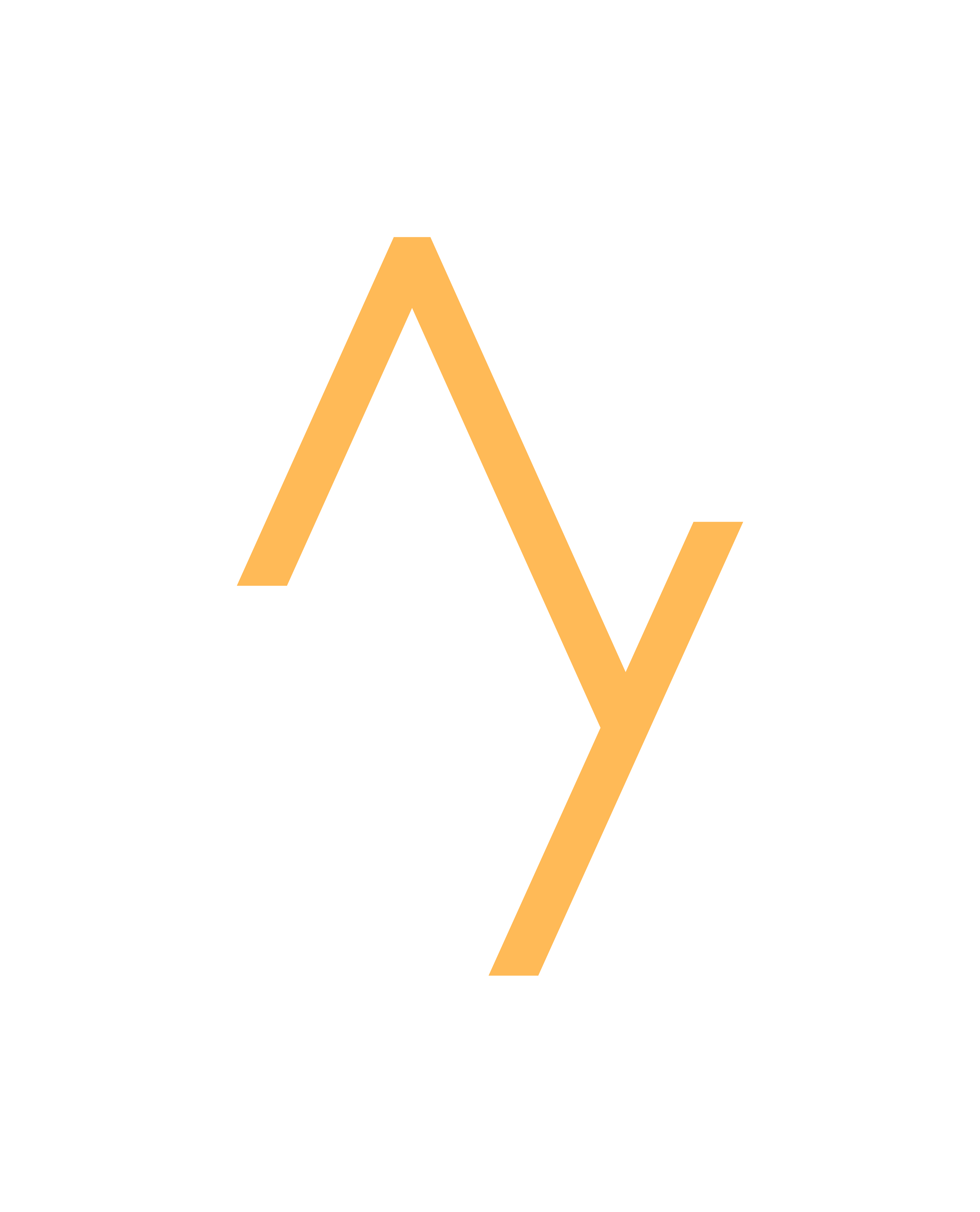How I Ranked 1st At Medical School and Surgical Exams Using Active Recall
Want to save time reading and maximise recall at exams and tests? The way you're thinking about learning might even be fundamentally wrong.
When I studied medicine and then worked as a surgeon I had to sit lots of written exams and consume a huge amount of technical information. For surgery this involved learning anatomy, physiology and engineering principles around my actual job as a surgeon. I then had to sit written exams as well as spoken exams where you had to recall information and apply knowledge in front of an actual examiner. Oh and surgical exams cost a heck of a lot of money just to add more pressure and stress to the situation.
-4.png)
Now when you get to university and medical school no-one really tells you how to revise or study and you are left to your own devices. I remember reading and highlighting medical textbooks in the library during my first year for hours and hours without really embedding or understanding what I was passively reading. What's more this takes a huge amount of time and just isn't very effective. After failing an exam in medical school using this method I completely switched up how I learned by using a method known as active recall.
In this article we're going to look at some key evidence-based learning tips specifically we're going to cover what active recall is, why research shows it to be the most effective way of learning, how active recall can reduce test-related stress and how you can start using active recall now to learn anything.
What is Active Recall
Active recall, retrieval practice or the testing effect is the process of actively recalling or applying knowledge (either for practice, or as a test). Retrieval practice can be considered as an alternative learning method to other options such as re-reading, highlighting or note-taking.
Re-reading, highlighting and writing long notes gets us comfortable with the material we’re studying and convinces us that we’re mastering it. In reality, this is often an illusion known as the fluency effect, which causes us to mistake fluency with mastery meaning that we may understand something on the surface but don't yet have the deeper knowledge required to actually apply it in practice. In terms of learning, passive methods such as reading or highlighting put the information into our short-term memory but unless we are applying it or are tested to recall the knowledge it is not stored in our long term memory. The best way to put information into your long-term memory is to actively retrieve it.
The act of retrieving information and data from our brains not only strengthens our ability to retain information but also improves connections in our brains between different concepts. Testing your knowledge also provides a diagnostic step to help you identify knowledge gaps and topics you are unsure about.
Active Recall Theory and Evidence
The earliest research into testing and active recall can be traced back to an experiment from 1909 by Edwina Abbott that demonstrated that recitation (via a test) of a word list was a potent factor in learning.
More recently a literature review from Kent State and Duke University in 2013 which analysed hundreds of separate studies about effective revision techniques, concluded that testing, or active recall, has ‘high utility’ and can be implemented effectively with minimal training.
“On the basis of the evidence…we rate practice testing as having high utility. Testing effects have been demonstrated across an impressive range of practice-test formats, kinds of material, learner ages, outcome measures, and retention intervals. Thus, practice testing has broad applicability”.
This study also concluded that active recall is be better than mind-mapping and note-taking since it is extremely efficient for committing details and ideas into one's memory.
Professor Jeffrey Karpicke is the James V. Bradley associate professor of psychological sciences at Purdue University and has been involved in a number of high-profile studies into active recall and testing.
In his 2011 study researchers split 80 students into 4 groups with each student tasked with learning the same material before being tested on what they learnt. Each group was given different instructions and parameters for learning the content.
- The first group would read the material only once.
- The second group would read the material four times.
- The third group would read the material then were told to make a mind map (concept mapping).
- The fourth group would read the material once, then recall as much as possible (retrieval practice).
In both the verbatim test – when asked to recall facts – as well as the inference test – when asked to recall concepts – the active recall group significantly outperformed the other groups. This study shows that testing yourself just once is more effective and meaningful than rereading a chapter four times.

If retrieval practice is such a potent learning strategy, you would hope that many learners would practice retrieval to learn many different things in many situations. However retrieval is not typically considered an important part of the learning process, and unfortunately, many learners do not practice active recall as often or as effectively as they could.
At the end of the learning phase in the same experiment, the students’ metacognitive knowledge of the effectiveness of these learning activities was assessed by having students make judgments about how they learned and it's effectiveness. After completing the learning phase, students predicted the percentage of information from the materials they would remember in 1 week.
The study shows that learners predicted that repeated study and re-reading would yield the best results and retrieval practice the least beneficial results. Thus showing that we overestimate the value of simply reading something and undervalue testing and retrieval practise.
Active Recall and Stress
More than a decade of research has supported a robust consensus: acute stress impairs memory retrieval. A 2016 study by Smith et al. aimed to determine whether active recall could strengthen memory against the negative effects of stress. Participants first learned stimuli by either restudying or engaging in retrieval practice. Twenty-four hours later, researchers induced stress in half of the participants and assessed subsequent memory performance. Participants who learned by restudying demonstrated the typical stress-related memory impairment, whereas those who learned by retrieval practice were immune to the effects of stress. The results show that active recall can help protect against test-related stress and anxiety.
It seems obvious but being prepared and having been exposed to stress ahead of a stressful event will make the actual event more manageable. In performance coaching this is similar to visualisation and practising under pressure ahead of the real thing.
At my company Virti an early study we did back in 2019 showed that doctors who practised infrequent but hazardous events such as managing an acutely unwell patient in virtual reality led to doctors feeling more prepared ahead of real life on call periods and experiencing reduced levels of work-related anxiety.

Active Recall Strategies For Learning
On the background of this evidence, when learning anything it is vital that you test yourself regularly when studying. Combining active recall with spaced-repetition has been shown to deliver the best results in terms of memory retention and spacing out your test periods gives the longest lasting results. I cover spaced repetition in another video but for now it's important simply to understand that re-testing yourself at set intervals will give you the best results in terms of memory retention and recall.
So let's look at some practical ways you can move away from passive methods of learning and get the most out of your study time:
Close your book: While reading a book try to close the book or hide certain chapters or concepts and try to recall or work out the answer yourself before revealing the correct answer. This will help to make your reading more active. After reading a chapter or paragraph I routinely used to try to recall in my head the key principles or learning points. I would then write these down as notes as best I could. If I was unable to I'd look back over the chapter or paragraph and go again until I was happy I could remember without the book or prompts.
Use practice tests under timed conditions: It might seem counterintuitive but jumping straight into exam conditions can help you to recall information more effectively and reduce stress at the real test. Don't worry about failure and rather see every incorrect answer as a way to learn something new and identify which areas you are weakest at. Some online exam question banks allow you to filter questions by subject and topic area and so you can read a chapter and then immediately test your knowledge of that topic area in a focused way.
Ask a partner to quiz you: Asking a revision partner to select questions from a text can help make learning more social as well as testing your active recall. This method helps to make learning more fun as you challenge each other and when someone gets a question incorrect the process of the teaching your partner will help to further embed the knowledge.
Create your own questions or flashcards: Whether by hand or using digital tools creating your own quizzes and flashcards for use alone or with others can help you test your knowledge while also thinking about key principles you need to learn. Online systems such as Kahoot, Shiken and Anki allow you to create your own materials and store them. Writing out flashcards from notes and then returning to them can also be beneficial.
-4.png)


